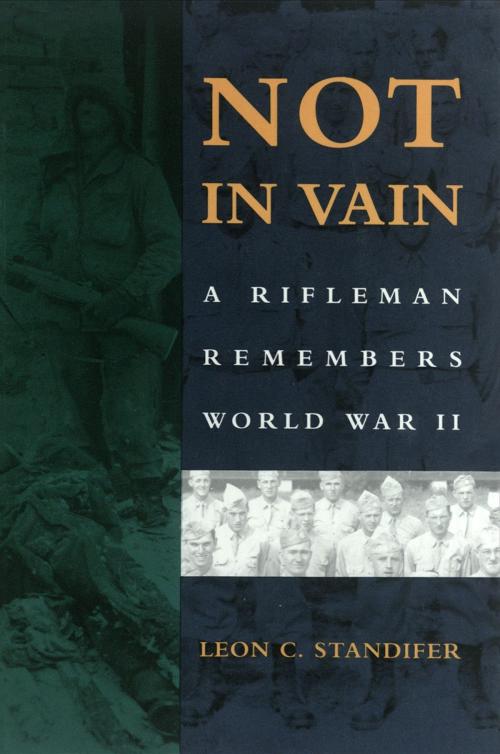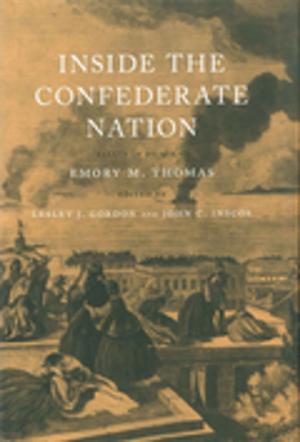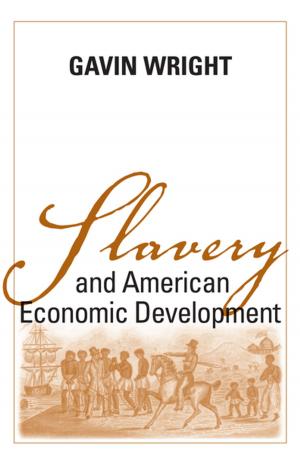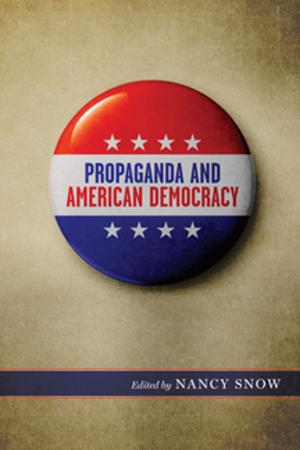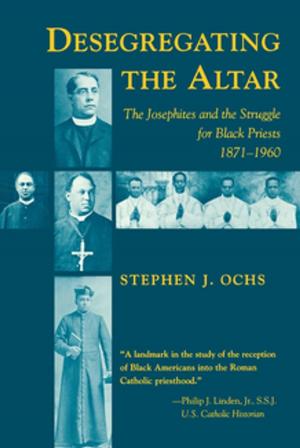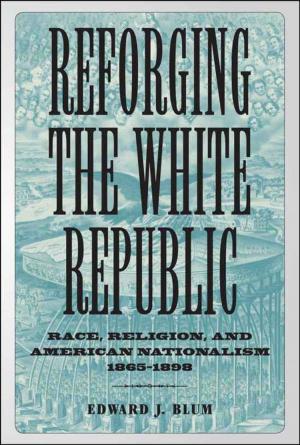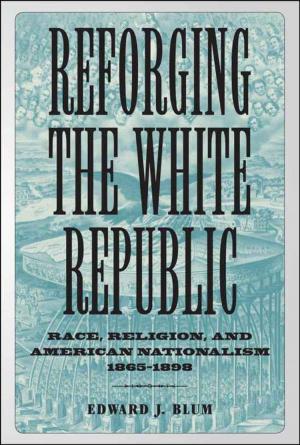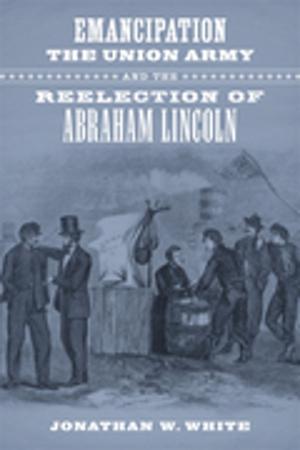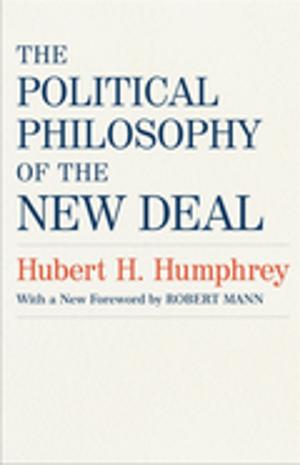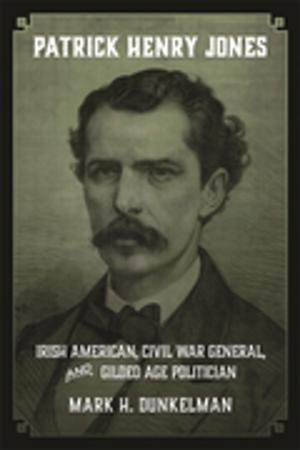| Author: | Leon C. Standifer | ISBN: | 9780807161524 |
| Publisher: | LSU Press | Publication: | October 28, 2014 |
| Imprint: | LSU Press | Language: | English |
| Author: | Leon C. Standifer |
| ISBN: | 9780807161524 |
| Publisher: | LSU Press |
| Publication: | October 28, 2014 |
| Imprint: | LSU Press |
| Language: | English |
Growing up in a small college town in central Mississippi in the 1930s, Leon C. Standifer knew little of the trauma of war. But by the time he was nineteen, World War II had made war a reality for him. Standifer volunteered for and was accepted by a special army program that would send him to college for technical training; he somtimes hoped and sometimes feared that the war would end before his training did. Events turned out quite otherwise. A serious shortage of trained riflemen needed for the invasion of Normandy meant that Standifer and more than one hundred thousand other young men were taken from the program and sent into battle as combat infantrymen.
Not in Vain: A Rifleman Remembers World War II looks at American involvement in the war from the firsthand perspective of this nineteen-year-old soldier. As an infantryman in France and Germany during the latter part of the war, Standifer experienced the numbing boredom of daily routine and the adrenaline-pumping excitement of combat. He recalls the anguish of losing friends in battle and the decisive moment when he slit the throat of an enemy soldier, memories that still haunt him.
But Not in Vain is far more than a conventional soldier's memoir. Although he recounts in vivid detail his personal experiences, Standifer also makes a far broader inquiry into the forces that turned a sheltered young man from a religious, small-town background into an effective soldier. Growing up in the Baptist church, Standifer thought he had learned the differences between good and evil, right and wrong. But after his days in battle, moral distinctions were no longer as clear.
Not in Vain documents Standifer's lifelong debate with himself over the justification for war by considering not only his reactions during combat but also the feelings that have remained with him for life. He describes these intense emotions in his account of a trip taken to Europe many years after the war and of his reunion with some of the former members of his rifle company. Written in an effort to come to terms with his involvement in the war, Not in Vain is a probing and timely study of a citizen's dedication to his country.
Growing up in a small college town in central Mississippi in the 1930s, Leon C. Standifer knew little of the trauma of war. But by the time he was nineteen, World War II had made war a reality for him. Standifer volunteered for and was accepted by a special army program that would send him to college for technical training; he somtimes hoped and sometimes feared that the war would end before his training did. Events turned out quite otherwise. A serious shortage of trained riflemen needed for the invasion of Normandy meant that Standifer and more than one hundred thousand other young men were taken from the program and sent into battle as combat infantrymen.
Not in Vain: A Rifleman Remembers World War II looks at American involvement in the war from the firsthand perspective of this nineteen-year-old soldier. As an infantryman in France and Germany during the latter part of the war, Standifer experienced the numbing boredom of daily routine and the adrenaline-pumping excitement of combat. He recalls the anguish of losing friends in battle and the decisive moment when he slit the throat of an enemy soldier, memories that still haunt him.
But Not in Vain is far more than a conventional soldier's memoir. Although he recounts in vivid detail his personal experiences, Standifer also makes a far broader inquiry into the forces that turned a sheltered young man from a religious, small-town background into an effective soldier. Growing up in the Baptist church, Standifer thought he had learned the differences between good and evil, right and wrong. But after his days in battle, moral distinctions were no longer as clear.
Not in Vain documents Standifer's lifelong debate with himself over the justification for war by considering not only his reactions during combat but also the feelings that have remained with him for life. He describes these intense emotions in his account of a trip taken to Europe many years after the war and of his reunion with some of the former members of his rifle company. Written in an effort to come to terms with his involvement in the war, Not in Vain is a probing and timely study of a citizen's dedication to his country.
